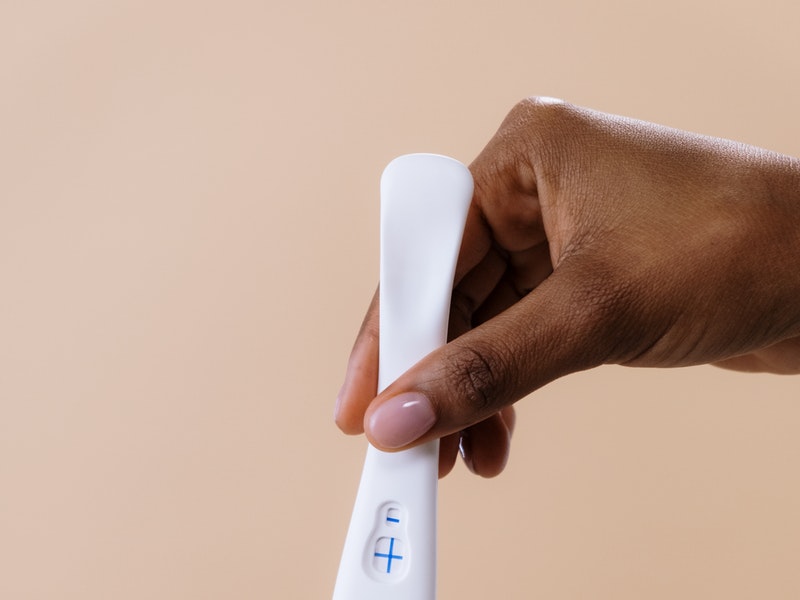Miscarriage is the unintentional loss of a baby before it reaches the 20th week. Around 10 to 20 percent of all pregnancies are miscarried. But the actual figure could be higher due to the fact that the majority of miscarriages occur early in the pregnancy — before you even realize about the pregnancy.
The majority of miscarriages happen because the fetus hasn’t developed in the way that is expected.
Symptoms of miscarriage
The majority of miscarriages occur prior to the 12-week mark of pregnancy.
The signs and signs of a miscarriage could include:
- Vaginal bleeding or spotting
- Cramps or pain in your lower back
- The fluid or tissue that is passing through your vagina
If you’ve sucked the vaginal fetal tissue and you want to keep it in an air-tight container and take it to your doctor’s office or hospital for an analysis.
The majority of women who experience bleeding or vaginal spotting during the first trimester be successful in their pregnancies.
Causes of Miscarriage
Genes or the chromosomes
The majority of miscarriages happen because the fetus’s growth isn’t what is expected. About 50 % of miscarriages are caused by the presence of extra or missing chromosomes. Most of the time, chromosome troubles result from mistakes that occur in the course of embryo development as it divides and develops and develops — not from problems that are that are passed down from parents.
Chromosome issues could result in:
- Blighted Ovum. Blighted ovum occurs when no embryo has formed.
- Intrauterine fetal death. In this situation the embryo is formed but then ceases to grow and dies before symptoms of loss of pregnancy appear.
- Molar pregnancy as well as partial Molar pregnant. With a molar pregnancy the chromosomes of both sets are inherited directly from father. Molar pregnancy is often connected to an abnormal development of the placenta. There is typically no fetal development.
Risk factors in miscarriage
Different factors increase the likelihood of miscarriage. These include:
- age. Women older than 35 years of age have a greater risk of miscarriage than younger women. After age 35, there is around a 20 percent chance of miscarriage. At 40 you’re at risk of 40 percent. At 45, it’s around 80 percent.
- Prior miscarriages. Women who have suffered at least two consecutive miscarriages are more likely to suffer miscarriage.
- Chronic diseases. Women who have an ongoing condition like diabetes that is not controlled has a higher chance of miscarriage.
- Cervical or uterine problems. Certain uterine conditions or cervical tissues that are weak (incompetent cervical wall) could increase the chance of miscarriage.
Prevention of miscarriage as by Gynae experts in India
There’s a good chance that there’s little you can do to avoid miscarriage. Just focus on taking health of your baby and yourself:
- Seek regular prenatal care. Maple care helps the women in different stages of their pregnancies with our best gynae experts in Delhi
- Avoid risk factors associated with miscarriage like drinking alcohol, smoking cigarettes and other illicit drug use.
- Consume a multivitamin daily.

Everything is very open with a clear clarification of the issues. It was really informative. Your site is very useful. Thanks for sharing!